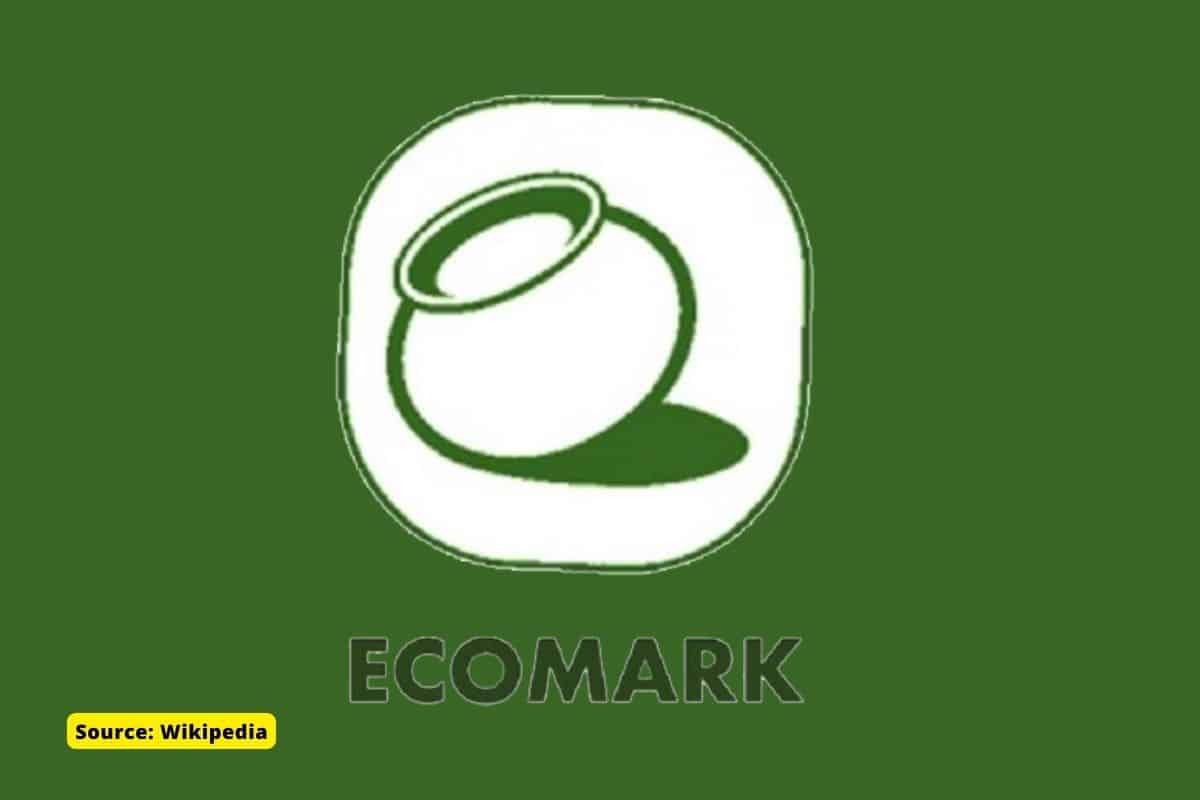The Bureau of Indian Standards (BIS) issues ECO-MARK as a certification mark for products that are eco-friendly and meet BIS standards. The scheme was initially implemented in 1991. It is completely voluntary and helps in the identification of green products on the market.
The brand covers food, medicine, chemicals, electrical goods, paper, lubricating oils, packaging materials, and other items. The Ministry of Environment, Forests and Climate Change is in charge of the ECO-MARK scheme.
The ECO-MARK logo, which can be found on products manufactured throughout India, meets the criteria for environmental sustainability. The fundamental requirement for this type of symbol is to enhance change throughout society.
List of Cosmetic Products Require Eco Mark Logo
- Skin Powder IS 3959:1978
- Skin Powder for infant IS 5399:1978
- Tooth Powder IS 5383:1978
- Tooth Paste IS 6356:1993
- Skin Cream IS 6608:1978
- Hair oil IS 7123:1993
- Shampoo Soap based IS 7669:1990
- Shampoo Synthetic Detergent based IS 7884:1992
- Hair Cream IS 7679:1978
- Oxidation Hair dye liquid IS 8481:1993
- Cologne IS 8482:1977
- Nail Polish (Nail Enamel) IS 9245:1993
- After ShavLotion IS 9255:1979
- Pomades and Brilliantines IS 9339:1988
- Depilatories chemical IS 9636:1988
- Shaving Cream IS 9740:1981
- Cosmetic pencil IS 9832:1981
- Lipstick IS 9875:1990
- Lipsalve IS 10284: 1982
- Powder hair dye IS 10350: 1993
- Bindi liquid IS 10998: 1984
- Kumkum powder IS 10999: 1984
- Heena powder IS 11142: 1984
- Liquid foundation makeup IS 14318: 1995
Central Drug Research Instt./Industrial Toxicological Research Instt. would furnish a list of carcinogenic ingredients to BIS and would also keep BIS informed about the changes therein.
What is Eco Mark Scheme?
Ecomark or Eco Mark is a certification mark issued by the Bureau of Indian Standards (India’s national standards organization) for products that meet a set of standards aimed at least impact on the ecosystem. The marking scheme was started in 1991.
Under this scheme, 16 products have been identified, such as Soaps and detergents, Paints, Paper, Food Additives and food preservatives Wood substances, Textiles, Batteries, Lubricating oil, Packaging, Plastics, Aerosols, Cosmetics, Pesticides and medicines, Electronic items, Vegetable oils.
The presence of the ECO logo on a product indicates that it meets certain environmental standards as well as the quality requirements set out in the relevant Indian standards.
Product specific requirements
- The product will be dermatologically safe when tested using the method prescribed by IS 4011:1982.
- Biodegradable surfactants, whenever they are used in the formulation of cosmetics, must be defined according to their limit for synthetic detergents for ECOMARK by the Technical Committee.
- Heavy metals calculated as lead (Pb) and arsenic (Ars) shall not exceed 10 and 1 ppm, respectively, when analyzed by the respective methods prescribed in the Indian standards.
- Toothpaste/Toothpowder: For the formulation of these products, only ingredients listed in IS: 6356 (1979) and ISL: 5383 (1978) shall be used. In addition, the toothpaste must not be fluoridated and the presence of fluoride (F) as an impurity must not exceed the limit of 10 pm.
Read More
- Climate change poses ‘serious risks’ to mental health
- How is mental health related to climate change?
- Mental Health: 24×7 accepting hatred and negativity, How’s that gonna work?
- Prioritising Women’s mental health
- What are the 5 signs of mental illness?
Follow Ground Report for Climate Change and Under-Reported issues in India. Connect with us on Facebook, Twitter, Koo App, Instagram, Whatsapp and YouTube. Write us on GReport2018@gmail.com









